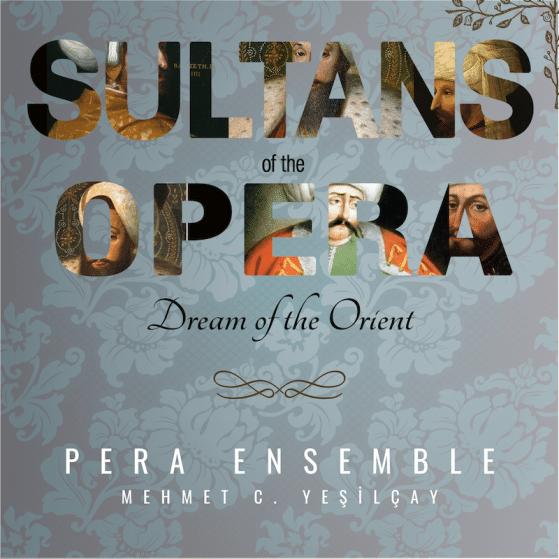MUSIC FOR THE ONE GOD
Music of the three world religions
150 musicians, instrumentalists, singers and soloists let the sacred music of Muslims, Christians and Jews resound together.
Church choirs of different denominations, lay choirs of different migration groups, internationally renowned artists and soloists speak a common language at the concert that stands for one thing: RESPECT
Once upon a time there was a Protestant hymnbook, the Geneva Psalter and a Polish composer named Wojciech Bobowski. He was abducted by Tartars in the 17th century, and his trace is found as a music slave in the sultan's seraglio. There he not only secretly wrote down the music of his environment, but the melodies from the Geneva Psalter also flowed unnoticed into the repertoire not only of the churches, but also of the mosques and synagogues. Credo is a soul-touching collage of the music of the three monotheistic world religions in the 17th and 18th centuries. The psalms of Bobowski, who later called himself Ali Ufki, are joined by contemporary sacred music by Vivaldi, Bach, Pergolesi, a complete dervish ceremony and chants by Sephardic Jews, Orthodox and Assyrian Christians. In praise of the one Creator God, it becomes immediately tangible that more unites us than divides us.
Music for the One God was funded by the European Union and the Turkish State Ministry of Culture as part of the programme "The Civil Society Facility- EU -Turkey Intercultural Dialogue: Culture & Arts".
Press
"It turned out to be a fascinating evening in which European and oriental sounds of the 17th and 18th centuries combined into a sophisticated collage. Works by Vivaldi, Pergolesi and Bach merged organically with dervish or synagogue chants, often gently flowing into each other. Byzantine choral sequences found their continuation in Muslim Sufi choral interludes or European-oriented Cantilena Sacra motets - always under the aspect of the love of peace and the harmonious coexistence of all cultures and religions." (Saarbrücker Zeitung)
… In this way, a spirituality was achieved in the hall that was dedicated to the idea of the monotheistic God and that, despite all the cultural differences, ultimately not only suggested a unity between Islam, Judaism and Christianity, but also made it palpable, with well-composed, flowing transitions... The result was a touching, cleverly conceived, artistically perfect, three-hour evening that left one in a world-embracing mood into the night ...(Adrian Prechtel, Abendzeitung)
... In view of the magnificent concert in the Philharmonie with more than 100 musicians who united music from Judaism, Christianity and Islam from the Middle Ages to the Baroque as a "Music for The One God", one would like to believe that the music itself is paradise. For what could be more paradisiacal than the sublime beauty that rises from the interplay of supposedly different cultures, which on this evening in the Philharmonie asserted itself as a common culture without denying any differences ... (Dirk Wagner, Süddeutsche Zeitung)

